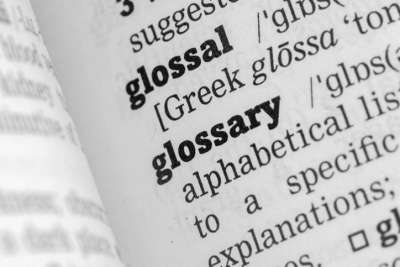NSTA Convention Newcomers' Page
Welcome to the conventions pages of the National Science Teachers Association. These pages are for those of you who have never attended an NSTA convention and would like to know more about the conventions and how to get the most out of them.
NSTA conventions are open to all science educators, as presenters or attendees. NSTA membership, however, provides substantial savings to registrants, as well as ensuring automatic mailing of advance information. For more information on NSTA membership benefits, visit yourMembership.
Area and National Conventions
Which Convention to Attend
NSTA generally holds four conventions a year, a national convention in the spring and three area conventions in the fall, the locations varying from year to year. In accordance with NSTA's mission to promote excellence and innovation in science teaching and learning, all conventions are carefully planned to respond to the changing professional development needs of science educators, especially in this standards-driven era. The host community plays a vital part in NSTA conventions, and local planning committees have a significant role in planning the program.
National conventions draw 16,000-20,000 attendees and may feature as many as 1,500 sessions and 1,100 exhibits. Most often, national conventions begin on a Thursday morning and conclude Sunday at noon.
Area conventions draw 2,000-4,000 attendees and may have 300 sessions and 200 exhibits. Most often, area conventions begin on a Thursday and end on Saturday at noon.
Advance Programs
An Area Advance Program, containing forms and information regarding all three area conventions for the year, and a National Advance Program, containing forms and information for the spring annual convention, are mailed to NSTA members in July and December respectively. If you are not a member and wish to receive an Advance Program, e-mail conventions@nsta.org.
Tips for First-Timers: Making Plans Early
No two districts or schools, even in the same state, have the same attitude about professional development opportunities for staff and attendance at conventions as a professional development activity. While it may not appear easy to work through attitudes and policies concerning professional development, it may be as easy as a phone call or e-mail to the right person. That person may be your department chair, principal, district science supervisor, assistant superintendent, superintendent, or all of the above.
Start the process early, at least two months before a convention. Do not wait until the day before registration is due to start your request. There are a couple of concerns that may be factors affecting your request to attend a convention.
First, most districts have concerns about the availability of qualified substitutes. This concern may determine how many teachers can be out of your school or district at the same time or the number of days you may be gone. Since your attendance at a convention may hinge on this factor alone, it is best to request substitutes early.
Another concern is the cost associated with registration, travel, and lodging, which may be your responsibility, the district's, or shared. Some districts have professional development, Eisenhower, or other funds that can be accessed for this purpose. Most educators are able to reduce their out-of-pocket expenses with funding from grants or their school districts. Find out who is in charge of the funds and how you go about accessing them. Principals, district science supervisors, curriculum supervisors, staff development directors, and superintendents over science are good people to check with. Be sure to investigate your district restrictions on the dollar amount and frequency of travel and the paperwork required of you.
Remember, early registration saves money! Special early bird and advance registration rates are offered for each convention. Also, hotel rates may vary considerably. Make your housing reservations early to ensure the housing of your choice.














